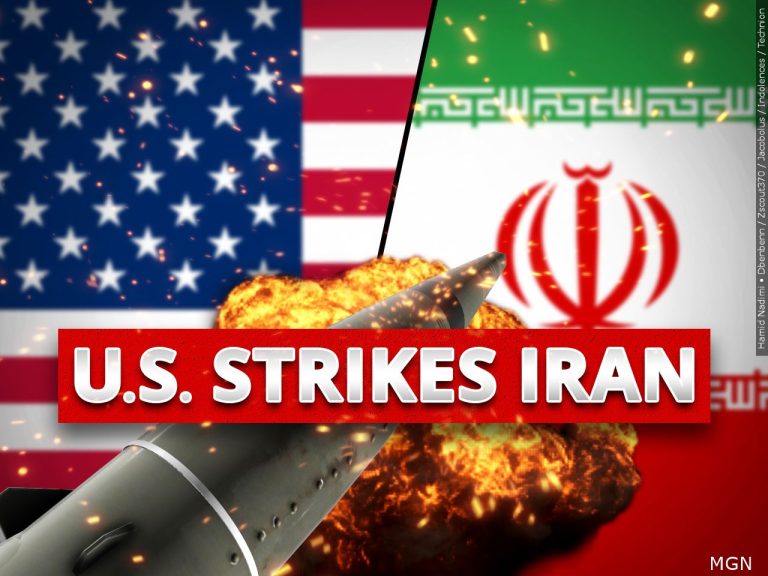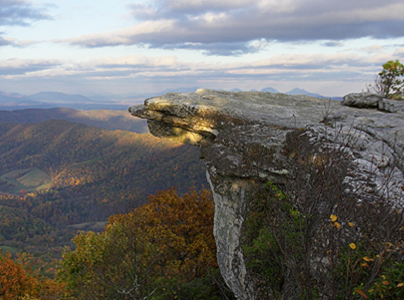 State health officials say they have no evidence of any kind to suggest radiation from Japan is posing any detectable harm to our drinking water supply. The latest from News/Talk 960’s Evan Jones.
State health officials say they have no evidence of any kind to suggest radiation from Japan is posing any detectable harm to our drinking water supply. The latest from News/Talk 960’s Evan Jones.
[audio:https://wfirnews.com/wp-content/uploads/2011/03/03-29-Water-Testing-Wrap1-WEB.mp3|titles=03-29 Water Testing Wrap1-WEB]
Rainwater has the potential to be an early concern because radioactiviy in the air becomes more concentrated in precipitation. But Maureen Dempsey, Virginia’s Chief Deputy Commissioner for Public Health says even if those levels would rise, they would diminish once in large public water supplies. That’s because the large amount of water already in reservoirs would dilute the concentrations found in rainfall.
Here in the Roanoke Valley, water sources are tested for radioactivity on a set schedule: it’s every three years for Carvin Cove, the next test next month. Officials say in most cases, any trace radiological levels come from sources like decaying underground rocks.



